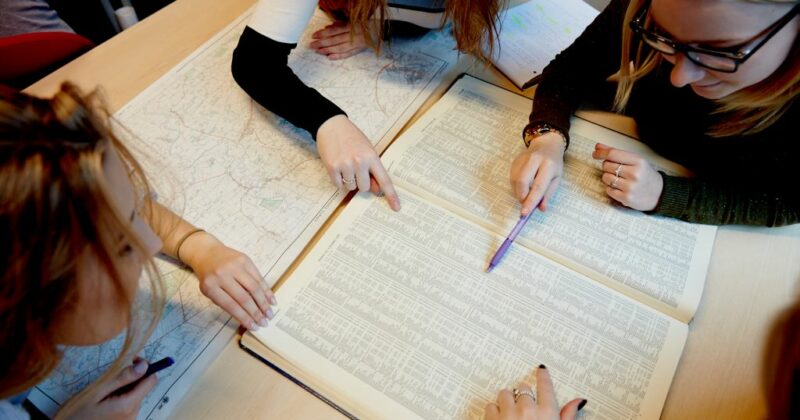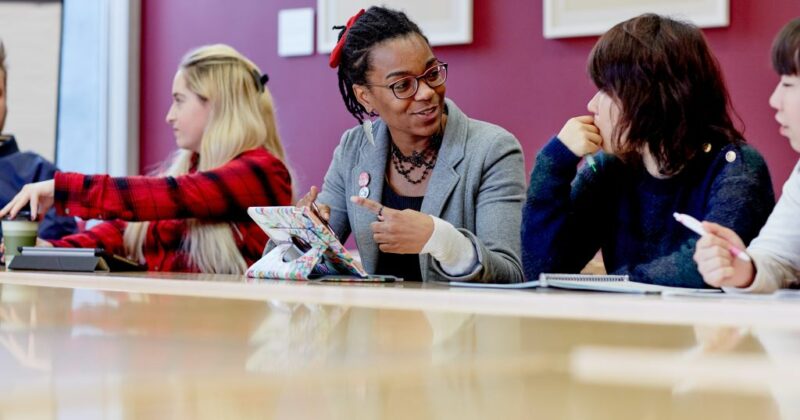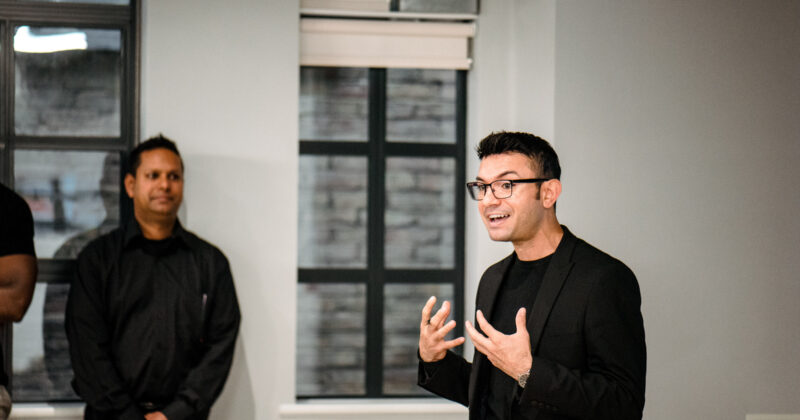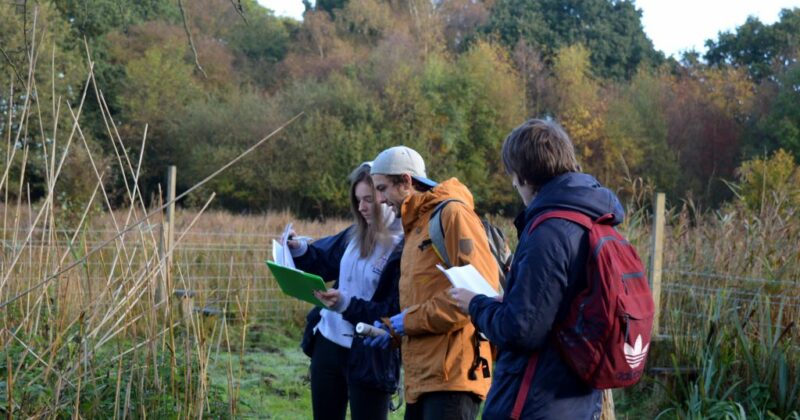
Practice Led Research: Critical Reflection with Anecdotal Evidence
Session facilitator: Associate Professor Claire Hind, Professor of Contemporary Theatre
How to critically address practice led research when writing up the memory of making and producing artistic works for audiences.
Learning Outcomes:
Understand the relationship between creative experience, documentation and critical thinking.
Grasp the concept of anecdotal evidence within art forms
Book now
This session will be taking place in DG/123...








